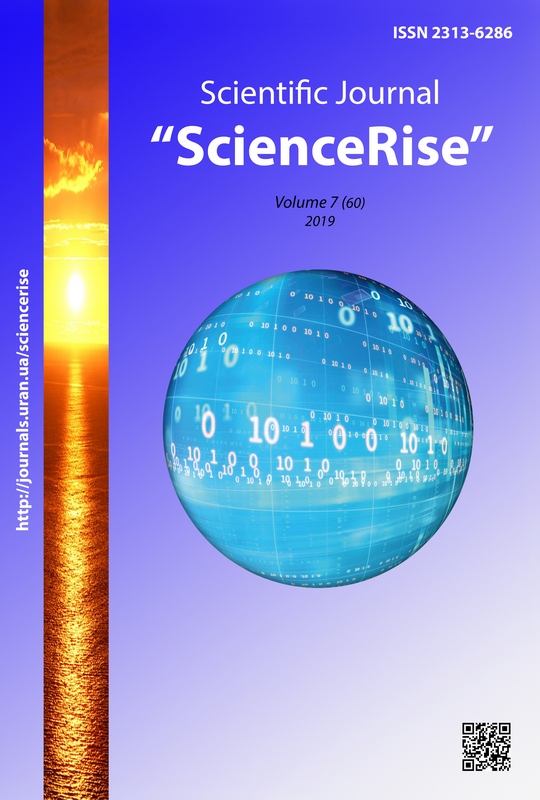Аналіз кризи етноментальної ідентичності в добу мультикультуралізму
DOI:
https://doi.org/10.15587/2313-8416.2019.174660Słowa kluczowe:
криза ментальної ідентичності, етнолінгвокультура, мультикультуралізм, етнічний ренесанс, точка ментальної опориAbstrakt
У статті автор аналізує кризу етноментальної ідентичності в контексті кризи лінгвокультур у сучасному мультикультурному європейському просторі. Автор зосереджує увагу на феномені етнічного парадоксу, або етноренсансу, аналізує різні сценарії розвитку інтеграційних процесів у світовому мультикультурному полі, та пропонує шляхи подолання викликів, пов’язаних з глобалізацією. Ці явища розглянуто в контексті євроінтеграційного вектору українського народу. Особливу увагу приділено аналізу кризових проявів інтеграції представників різних країн в Європейський лінгвокультурний простір
Bibliografia
Kolodii, A. (2008). Amerykanska doktryna multykulturalizmu i etnonatsionalnyi rozvytok Ukrainy. Ahora, 6: Ukraina i SShA: vzaiemodiia u haluzi polityky, ekonomiky, kultury i nauky, 5–14.
Zhizhek, S. (2010). O nasilii. Moscow: Evropa, 122.
Badiu, A. (2006). Etika. Ocherk o soznanii zla. Saint Petersburg, 126.
Sarracin, T. (2012). Germaniia: samolikvidaciia. Moscow: Rid Grupp, 400.
Bugental, J. F. T. (1976). The search for existential identity. San Francisco: Jossey-Bass Publishers.
Berdiaev, N. A. (1990). Sudba Rossii. st. «Nacionalnost i chelovechestvo». Moscow, 655.
Huntington, S. P. (2007). The Clash of Civilizations and the Remaking of World Order. New York: Simon and Schuster, 368.
Erikson, E. H. (1994). Identity: Youth and Crisis. New York: W. W. Norton Company.
Drozhzhyna, S. (2004). Kulturna polityka yak problema suchasnoho sotsiokulturnoho protsesu. Donetsk, 17.
Sarrazin, T. (2010). Deutschland schafft sich ab: Wie wir unser Land aufs Spiel setzen. München: Deutsche Verlags-Anstalt, 464.
##submission.downloads##
Opublikowane
Numer
Dział
Licencja
Copyright (c) 2019 Liubov Lysenko

Utwór dostępny jest na licencji Creative Commons Uznanie autorstwa 4.0 Międzynarodowe.
Our journal abides by the Creative Commons CC BY copyright rights and permissions for open access journals.
Authors, who are published in this journal, agree to the following conditions:
1. The authors reserve the right to authorship of the work and pass the first publication right of this work to the journal under the terms of a Creative Commons CC BY, which allows others to freely distribute the published research with the obligatory reference to the authors of the original work and the first publication of the work in this journal.
2. The authors have the right to conclude separate supplement agreements that relate to non-exclusive work distribution in the form in which it has been published by the journal (for example, to upload the work to the online storage of the journal or publish it as part of a monograph), provided that the reference to the first publication of the work in this journal is included.

